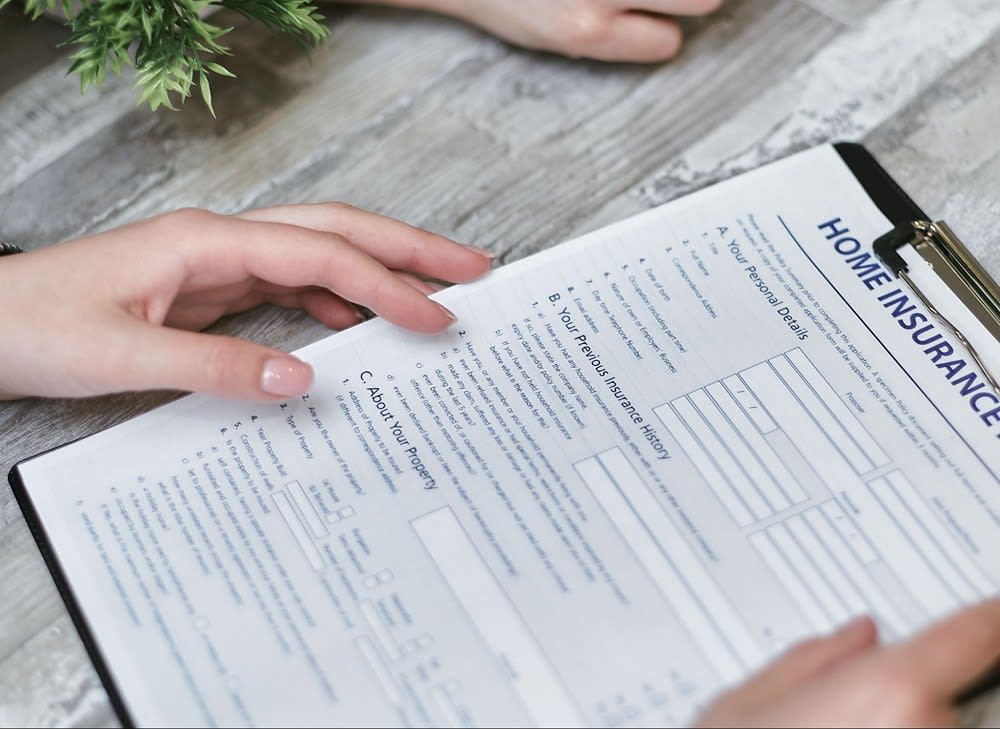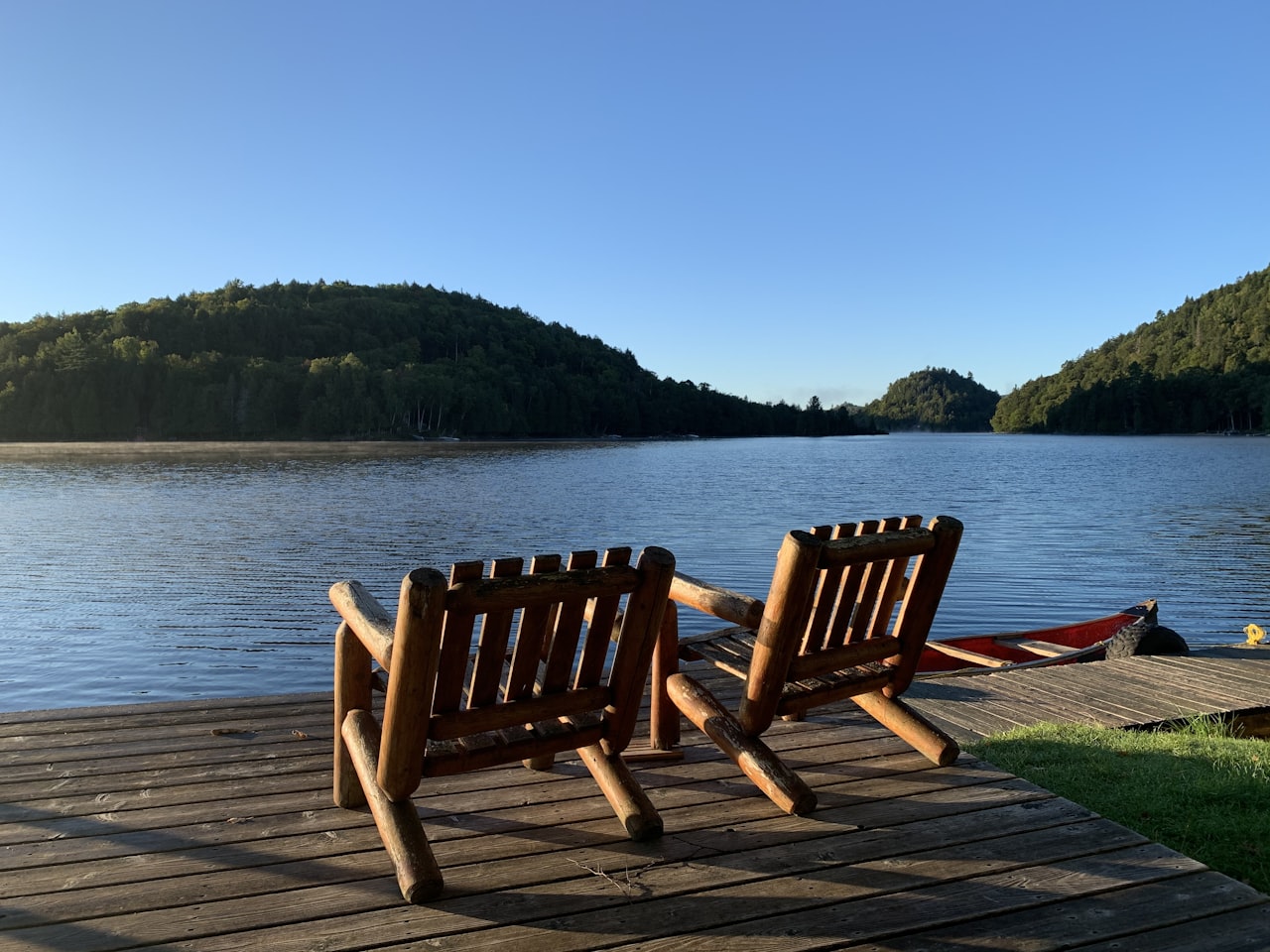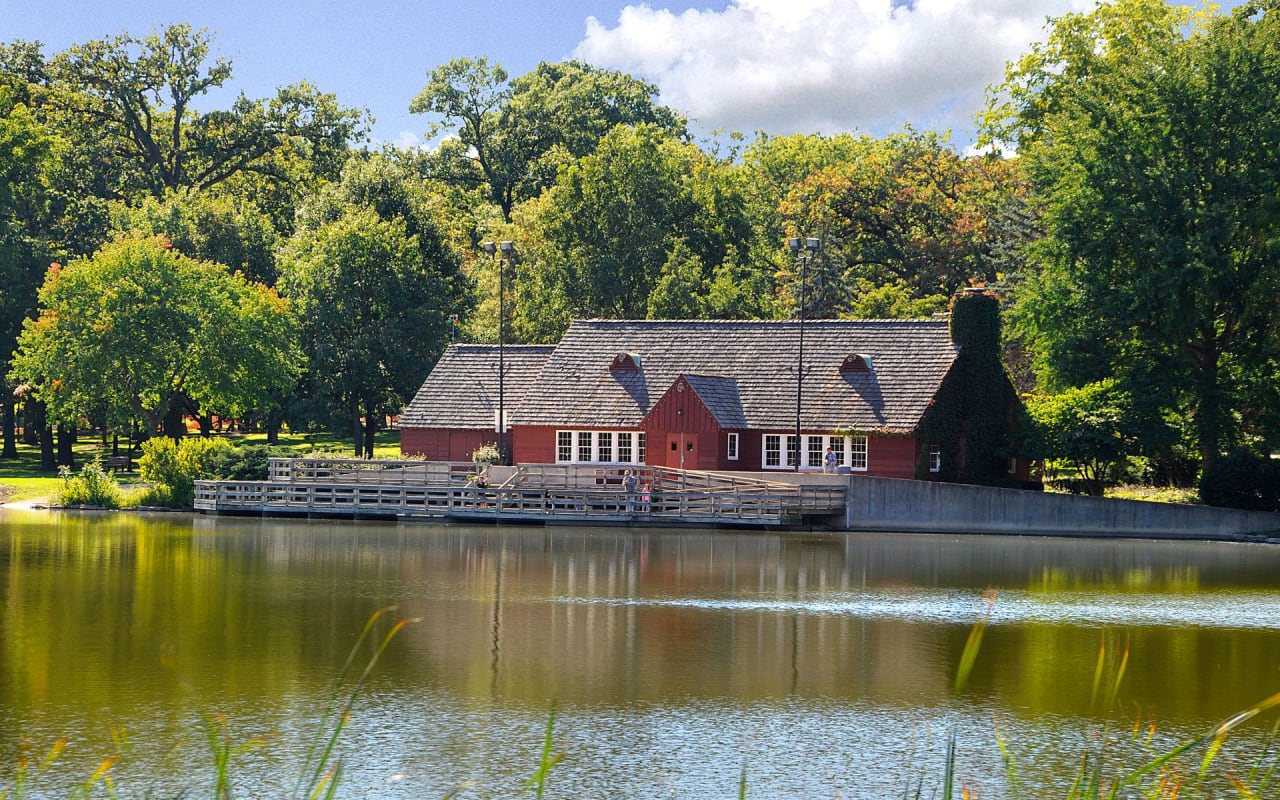Deciding to buy your first home is one of life’s most significant and most rewarding steps. Picking out the location, neighborhood, and floor plan for your own house can be an exciting time. First-time homebuyers can often feel overwhelmed — not to mention hesitant, given the expense — by the prospect of buying their first property. To shed light on the process and share some time-tested insights on how best to approach buying your first home, we’ve collected everything you need to know right here. Follow along as we run through the 10 essentials.
Tally up your financial health
Before diving into the process of buying a home, it’s important to get a good picture of your financial health and current savings. The expenses involved in purchasing a home extends well beyond the initial cost, and almost every first-time homeowner goes through inevitable challenges that can rack the total cost up well past the estimated number.
Ideally, you’ll need at least three to six months of living expenses saved, plus a healthy emergency fund of a few more months' income that will cover closing costs and any unexpected purchases. Look for a safe place to store your savings, like a certificate of deposit, if you have over a year to save. If you only have six months to a year, we suggest keeping your funds liquid by placing them in a high-yield savings account that’s fully FDIC-insured.
Build up credit early

Your current credit score goes a long way toward determining what kind of lending and mortgage options are available to first-time homebuyers. Strengthening your credit score is among the best ways to enlarge the scope of what’s purchasable for you and your family. The following steps can help raise your score:
-
Pay bills consistently
-
Obtain copies of your credit report from each credit bureau — Experian, TransUnion, and Equifax — in order to stay on top of any errors or disputes
-
Keep credit card balances low
-
Maintain open credit lines, as closing them often lowers scores
Determine the best property type for you
Many different types of homes are available to first-timers. It’s always a good idea to visit open houses for properties that fall outside what you’re picturing in a first home. If you initially imagine yourself in a custom single-family house, don’t shy away from checking out a condo, townhouse, or any buildings with multi-family units. You’ll never know exactly what kind of home fits your lifestyle unless you’re willing to experiment with living arrangements outside your comfort zone. Buying a fixer-upper instead of a move-in-ready home is another option many first-time home buyers avoid, but these properties offer more room to build a custom-fit home for your needs.
Count up what essential features are must-needs
Speaking of needs, the next thing to consider is which features are must-haves for you and your family. Do you need special accessibility? How close do you want to be to work? Families with children need to seek out the best schools and family-friendly neighborhoods. Your list of needs should also include more particular details, such as the home layout and essential appliances for the kitchen and bath. Take a few hours to draft up a list early on to avoid being caught off guard when, for example, your new home doesn’t have enough storage space or natural light for your lifestyle.
Calculate what you can realistically afford

The earlier you can calculate a realistic budget for your first home, the better. After putting down a down payment and spending more to cover upfront maintenance or renovation costs, expenses can quickly mount and exceed your initial estimates. When figuring out how large of a home loan you can afford, be sure to research the total cost of the property and not just the monthly estimated payments. You can also look into resources provided by HUD for first-time homebuyers, state assistance programs, and your own IRA, from which first-timers can withdraw up to $10,000 for purchasing a first home without penalties.
Check out property taxes in your area, and learn more about the cost of your homeowner’s insurance. Above all, remember that even if a bank is willing to lend you an amount that seems high enough to cover upfront costs, don’t forget to factor in expenses involved in moving, emergency repairs, food, utilities, and transportation.
Get in touch with a real estate agent
Not only will a good real estate agent be able to shepherd you through the extensive process of finding a home, making an offer, negotiating a price, and filling out the proper forms, but they also serve as a valuable support system along the way. It’s worthwhile to shop around for an agent who speaks to you and aligns with your own wants and values. Plus, a local real estate agent will have the experience to help homeowners avoid the mistakes that trip up most first-time buyers.
Ask a lender about your mortgage qualifications

First-time homebuyers often express surprise at how many mortgage options are available to credit-worthy people. There are conventional mortgages with as low as 3% down, insured FHA loans, USDA loans from the Department of Agriculture, VA loans from the Department of Veteran Affairs, and many more. You can also apply for any number of first-time homebuyer programs that offer minimum down payments of anywhere between 3-5%. First, you must inquire about how qualified you are for these options. Many factors go into a lender’s decision, including:
-
Your current occupation
-
Length of employment
-
Monthly income
-
Past debts
-
Current additional debts
Above all, ensure that you’re preapproved for any loan you receive because many sellers will struggle to take an offer from first-time buyers seriously without a preapproved mortgage. Spread a wide net when looking for preapprovals because the fees vary widely between lenders, and so do interest rates.
Get a feel for the neighborhood
Perhaps one of the most critical steps for first-time homebuyers to navigate is finding a suitable location. Though many first-timers may not have the funds or flexibility to make offers on their “dream home,” this doesn’t mean you shouldn’t spend time finding an area that is neighborly and big enough to grow.
First, ask yourself if you’re looking for a starter home or a forever home. Think about your needs in the long term. Check out any homeowners association fees in your neighborhood as well. Determine if a gated community is a need, and ask yourself about privacy. These are all questions that one should consider earlier rather than later.
Buy suitable home insurance

Before signing your name and closing the deal on your first home, your mortgage lender will demand that you purchase homeowners insurance. This expense is meant to cover the cost of repairing or finding a new home in case of damage. Make sure you purchase an insurance plan that fits your budget, and if you’re planning to make improvements on the property, inquire into any rate adjustments before you buy the home.
Get close to the seller
For a variety of reasons, it’s well worth your time to get to know the seller of your potential home. You may be able to negotiate a lower price, learn more about the property’s past residents and history, and even explore the home in more detail than in customary open houses. When touring the home, make sure to pay attention to anything that causes alarm or stands out, including:
-
ambient noises
-
creaking pipes and plumbing
-
Bad smells
-
The state of the flooring, brickwork, and roof
-
Mold and pests
Ask any questions you may have about the above points. Additionally, purchase a quality home inspection in order to gain more info about structural or mechanical problems that may have escaped the seller’s attention. The last thing you want is to be surprised by something like high radon levels, a noisy neighbor, or an aging water heater acting up after you’ve closed the deal.
Contact a real estate agent today to get started!
Contact the Lukins Home Network today, and we’ll answer all of your questions about first-time home buying and Wheaton houses for sale or Western Springs real estate.












